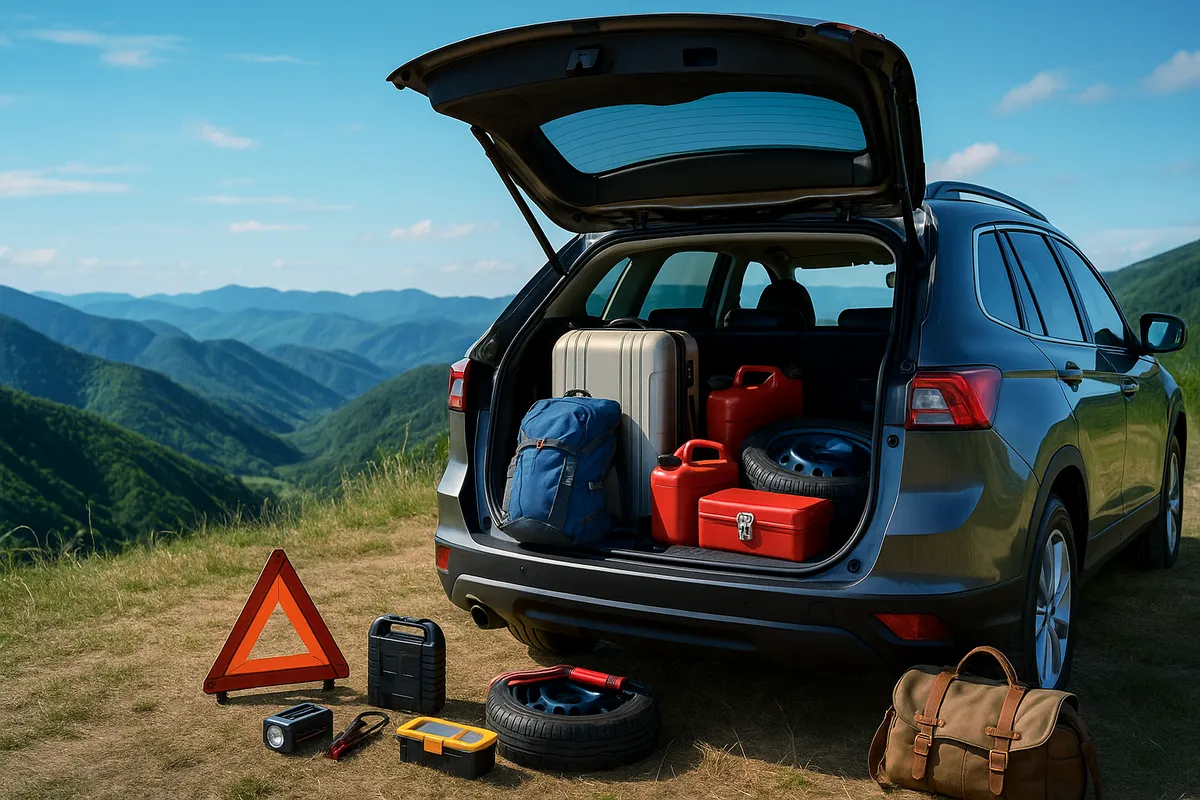How to Book a Tour without getting burned?
- Monday, Apr 14, 2025, 08:06 (GMT+7)
How to Book a Tour without getting burned?
There are moments in life when your thumb mindlessly scrolls through your phone, only to stop at an ad that seems too good to be true. “3 days in Da Lat for just $39 – 4-star hotel, luxury sleeper bus, unlimited buffet.” Your heart skips a beat. Could it really be that cheap? But experience whispers in your ear, “Wait… that feels off.” And sure enough, a friend recently returned from a similar tour, and the reality was far from dreamy. The hotel was barely two stars, the “buffet” consisted of a single pot of diluted broth, and the so-called luxury bus had her hugging her backpack on a stiff seat for eight hours.
Booking a tour that is both trustworthy and fairly priced isn’t just a skill – it’s a kind of travel wisdom, something you grow into through trial, error, and a few horror stories. But you don’t have to learn the hard way. Let me be your shortcut. After years of navigating Vietnam and beyond, from hidden mountain villages to beachfront paradises, I’ve gathered the kind of firsthand insights that help you separate the good tours from the ones you’ll regret before lunchtime on day one.
The first golden rule is: know exactly who is behind the tour. A reputable travel agency will always have a clear online presence. Look for a professional website, up-to-date social media pages, and a steady stream of customer feedback. Don’t be fooled by pretty graphics or a high follower count. Dig into the comments. Authentic reviews often share very specific stories, while fake ones tend to be vague or overly positive. If everything sounds too flawless, it probably isn’t real.
Once you have a few names, compare tour prices for similar routes. Let’s say you’re looking at a three-day Ha Giang tour. Some agencies quote $70, others $140. The gap may look alarming, but don’t jump to conclusions. One might include hotel stays, entrance tickets, meals, and a guide. Another might skip all that and leave you to figure it out alone. A fair price doesn’t mean the lowest – it means the most reasonable for what you’re getting. Always check what's covered, from meals and transport to accommodation and entrance fees.
Here’s a tip most travelers overlook: ask for the full itinerary in writing, preferably in a downloadable PDF or a detailed email. A trustworthy agency won’t hesitate to share a day-by-day breakdown, including departure times, locations, and even the names of hotels. If they stall or brush it off with a “we’ll send it later,” consider it a red flag. Tours are a commitment, and you deserve transparency before you commit your money or your time.
Don’t skip the fine print, either. That tiny paragraph about cancellation policies or travel insurance? It’s more important than you think. A few years back, I booked a last-minute trip to Phu Quoc and fell sick the day before departure. Because I hadn’t read the cancellation terms, I lost my full deposit. Now, I always ask: What happens if I cancel? Can someone else take my place? Is insurance included? Peace of mind is priceless, especially when you’re far from home.
Then there’s the human element: the travel consultant or tour operator you're speaking to. Pay attention to how they interact with you. Are they pushy? Do they pressure you with phrases like “Only three spots left – book now or miss out”? That’s not excitement, it’s manipulation. A good tour operator will take time to understand your needs and help you choose, not shove a booking link at you like it’s a Black Friday deal.
Something few people ask but really should: Who is the tour guide? A great guide can turn a basic trip into an unforgettable journey. I once joined a city tour of Hue, and the guide – a soft-spoken history teacher – brought ancient palaces to life with stories that made us laugh and cry. Some companies will introduce their guides beforehand or share links to videos and previous guest feedback. Don’t be shy to ask for this. You’re not just buying transport and meals – you’re buying the experience.
And if you're traveling solo, or with friends who are picky, or with your parents who prefer peace and quiet, always check the group profile. Some tours are more adventurous and attract backpackers. Others are slower-paced, tailored for families. The vibe matters. Make sure you're stepping into a group that matches your energy and expectations.
Above all, remind yourself: you are not buying a service. You are investing in a memory. The right tour can inspire, surprise, and change the way you see the world. The wrong one can drain your wallet, your patience, and your joy. So be smart. Be curious. Ask questions. Take your time.
And don’t forget to trust your instincts. If something feels off, don’t brush it aside. Even the most seasoned travelers still get that little voice sometimes – and most of the time, it’s worth listening to.
So, next time you're tempted by that “flash sale” tour with a dreamy thumbnail and a too-good-to-be-true price, pause for a moment. Revisit this guide. Ask the right questions. Choose the right path. And when you finally step off that van or boat or plane into a new place, you’ll know you made the right decision – not because it was cheap or popular, but because it was right for you.
If this story saved you from a travel disaster or gave you clarity for your next trip, consider sharing it. Travel smarter. Feel more. Regret less.

 CHECKIN.VN
CHECKIN.VN








Share on